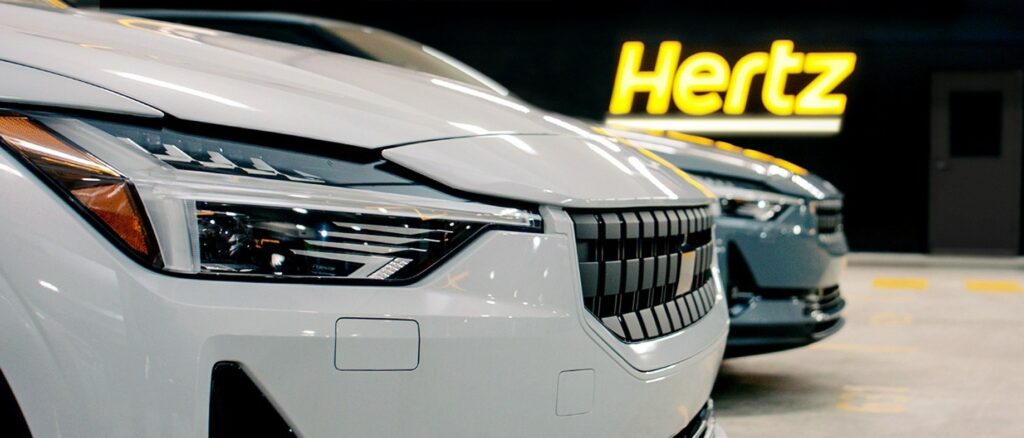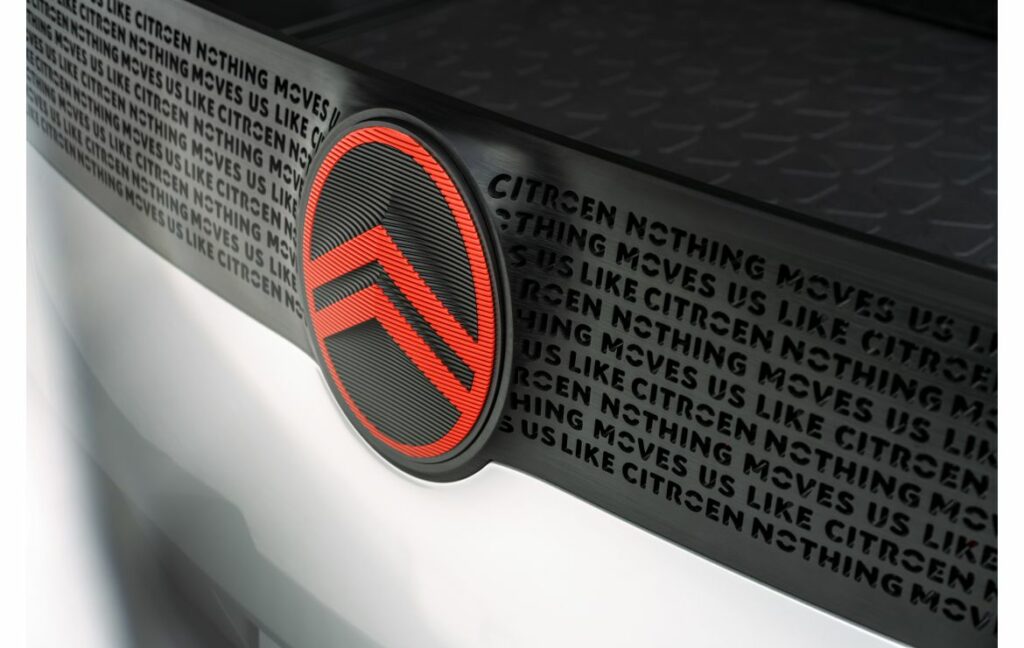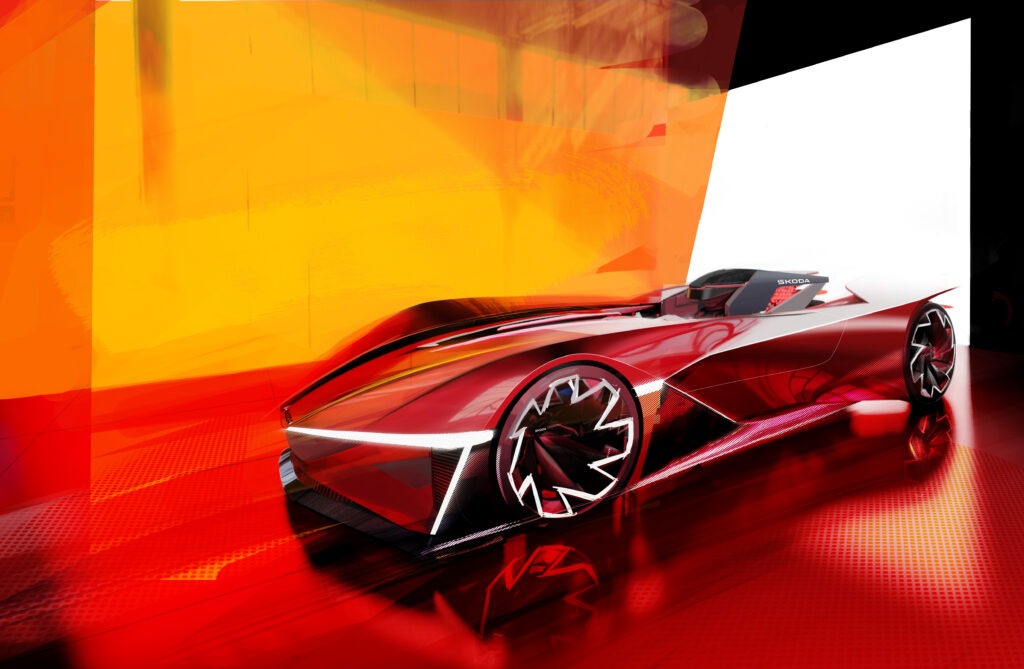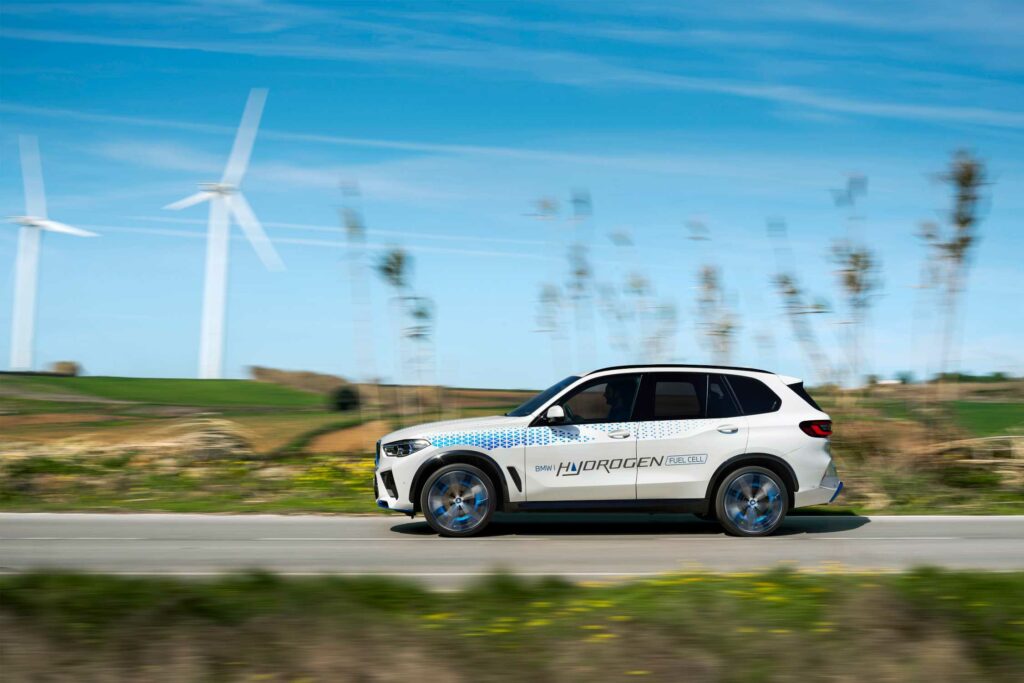Car-rental giants make major investments in electric vehicles
11 October 2022

The race is on to electrify fleets as car-rental companies increasingly form electric-vehicle (EV) deals, writes Autovista24 journalist Rebeka Shaid.
The transition to electric cars is not only affecting vehicle manufacturers but also those providing mobility services – and this includes rental companies. The COVID-19 pandemic drove these businesses to sell off parts of their fleets as demand plummeted in 2020. But providers have since restructured and are eager to restock – and electric vehicles are of growing interest.
With European legislation set to phase out the sale of new petrol and diesel cars in the 2030s, it is no wonder that car-rental operators in Europe are shifting their focus to EVs. Electric cars are no longer an alternative fuel type but are already part of the mainstream market. Although car-rental companies have been slow to adopt EVs, new regulations and changing consumer demands are driving change.
100,000 EVs and a €50m investment
The electric car-rental market is projected to reach $19 billion (€19.4 billion) by 2027, and Europe is expected to hold the second-largest regional share. The growth potential for the EV rental market is high, clearly driven by the need to cut emissions. Companies in the automotive industry must take climate protection seriously, and Germany-based mobility provider Sixt recently approved a sustainability programme to slash CO2 emissions.
Sixt now aims to electrify 70% to 90% of its fleet by 2030 – a huge jump compared to its current offering. The company told Autovista24 that the share of electric vehicles in its existing fleet is around 10%. It expects EVs to make up 12% to 15% of its stock by next year, with this figure comprised of battery-electric vehicles (BEVs), plug-in hybrids (PHEVs), and mild-hybrid EVs.
The car-rental operator wants to increase its selection of electric vehicles to make its offering more attractive. In Germany, consumers can get their hands on Audi, BMW, and Tesla models, but this will soon grow to include other brands. By the end of 2022, Sixt will offer 20 new electric and plug-in models.
One noticeable trend is that Chinese carmakers are gradually finding their way into European car-rental fleets. Asian brands are eager to present high-tech, quality cars that are comparable to their Western counterparts but often come at a more affordable price point – an appealing combination to the vast car-rental industry, where small savings can add up to a big difference.

Sixt recently announced an agreement with one of the world’s largest EV manufacturers – China’s BYD. It ordered 100,000 electric cars from the Asian carmaker, which will deliver its models over the next six years. Sixt will be the first car-rental company in Europe to offer BYD cars, which will become available in some local markets later this year.
‘The agreement with BYD is an important milestone to deliver on our promise of putting significantly more EVs onto the street,’ said Vinzenz Pflanz, chief business officer at Sixt.
Considering Sixt’s overall fleet of 240,000 units, the order is massive. To analysts, it is not surprising that car-rental companies are looking to Chinese brands. These manufacturers offer more reliable delivery times than European carmakers plagued by supply-chain issues. Similar deals with Chinese brands such as Great Wall Motor (GWM) are soon likely to crop up in the European car-rental market.
But Sixt is doing more than invest in its EV fleet. Charging infrastructure is still lagging in many parts of Europe, and range anxiety remains a top concern for drivers. Sixt is eager to expand its own charging network, planning to invest €50 million over the next few years – a sizeable commitment that will help spur on electromobility.
EVs at the ‘core’ not the periphery
One of Sixt’s main competitors, Hertz, is also ramping up its electrification efforts after recording heavy losses in 2020 due to the pandemic. The company has officially emerged from bankruptcy, recently striking a multi-billion-dollar deal in the US to order up to 175,000 EVs from General Motors over the coming five years.
Hertz was one of the early movers, sparking excitement late last year with news of a 100,000 Tesla car order for its European and US fleets. Carmakers selling vehicles in bulk to rental operators traditionally signalled low profits. But EVs are offering a new opportunity for manufacturers to hit crucial EV sales targets while also allowing customers to adjust to the novelty of driving an electric car.
Fleet sales could be a lucrative marketing tool for car manufacturers, especially for EV makers such as Polestar, which is jointly owned by China’s Geely and Volvo Cars. The Sweden-based brand recently started delivering Polestar 2 models to Hertz. Over the next five years, Polestar will supply the car-rental giant with 65,000 cars.
Polestar told Autovista24 that the deal is among the largest single orders for electric cars ever made. ‘The deliveries signify Polestar’s operational capability as a relatively mature brand in a space heavily populated by early-stage startups,’ the carmaker said.
Polestar added that it had noted interest from other rental companies, underlining the current growth of electromobility in the sector.
Hertz has seen a major increase in EV demand between 2019 and 2022, the company’s German branch told Autovista24. ‘EVs will increasingly be at the core of what we do, not at the periphery,’ it said, adding that strategic collaborations would allow Hertz to largely meet the growing demand for BEVs and PHEVs.
Still, ongoing supply-chain disruptions mean that sourcing enough EVs from European brands to meet demand could prove to be a challenge. Delivery times for electric cars have increased dramatically this year and car-rental operators are not immune to these developments.
Nonetheless, Hertz said it operates one of the largest electric-car fleets in the world. While the company did not disclose exact figures to Autovista24, it said that the number of electric and hybrid vehicles in its fleet was steadily increasing. As with Sixt, Hertz is injecting money into infrastructure too.
‘We have had basic charging infrastructure for many years and started to expand and enhance this network in 2021 in preparation for the large increase of deliveries of EVs scheduled in 2022. So far, Hertz has installed over 1,300 AC / Level 2 chargers in 80 countries worldwide. In Europe, customers can charge their electric rental car at one of over 300,000 Shell Recharge charging stations,’ the company told Autovista24.
More and more car-rental companies have EV programmes in place. France-based Europcar aims for 20% of its car and van fleet to consist of BEVs and PHEVs by 2024, saying it wants to ‘empower’ customers in using green mobility services. Last year, Avis Budget hinted at adopting electric vehicles on a large scale, sending its stock soaring.
With car-rental companies operating sizeable vehicle fleets, the electrification of this industry will be crucial as the wider sector moves to an electric future. While vehicle manufacturers have set themselves ambitious EV targets, car-rental companies are finally following suit.



